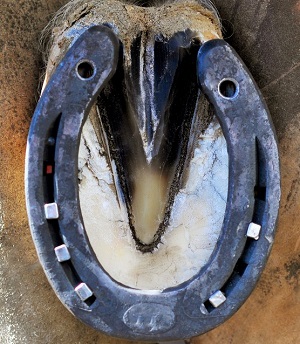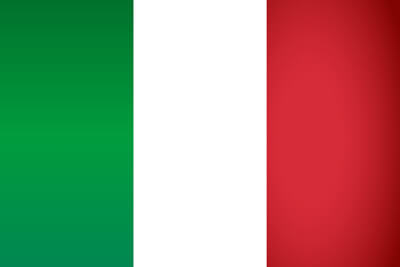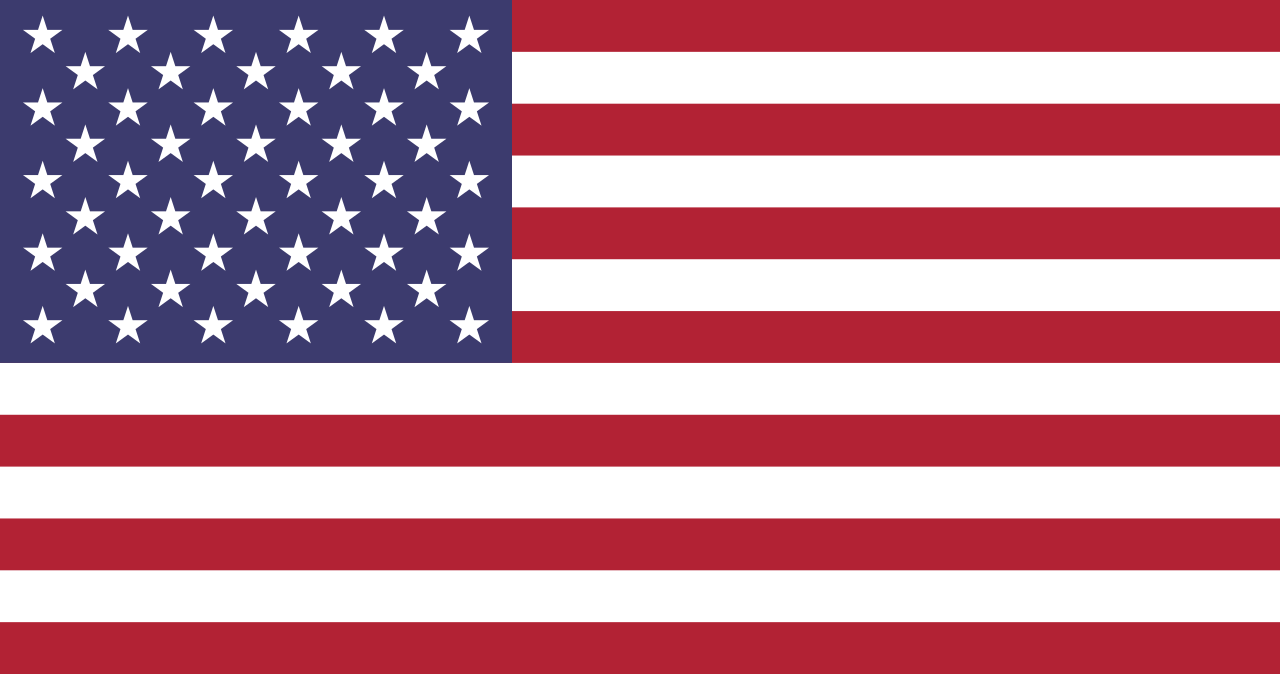 You do not have to be around horses long before you hear someone say the phrase “no foot no horse”. Perhaps this is one reason why in the realm of equine supplements hoof supplements are prolific. A good number of horses have less than optimal hoof quality. Cracking, chipping and splits are common complaints as are thin soles and hooves that just don’t grow very quickly. Given that your horse’s four little digits have to support hundreds of pounds of mass, no-one can deny the importance of hoof quality. So, can those hoof supplements jumping out at you from the pages of equestrian magazines really help improve your horse’s hoof quality? Let’s take a look.
You do not have to be around horses long before you hear someone say the phrase “no foot no horse”. Perhaps this is one reason why in the realm of equine supplements hoof supplements are prolific. A good number of horses have less than optimal hoof quality. Cracking, chipping and splits are common complaints as are thin soles and hooves that just don’t grow very quickly. Given that your horse’s four little digits have to support hundreds of pounds of mass, no-one can deny the importance of hoof quality. So, can those hoof supplements jumping out at you from the pages of equestrian magazines really help improve your horse’s hoof quality? Let’s take a look.
Even though there are a multitude of hoof supplements on the market when you look at the ingredients you start to notice a pattern. The majority contain lysine, methionine, zinc, copper, biotin and some kind of fatty acid. The question is “Do these nutrients actually do anything for hooves?”
Lysine and methionine are both essential amino acids meaning that the horse cannot make them and they must be present in the diet. Depending on the sources of dietary protein it may be that the diet is not providing adequate amounts of these essential amino acids which can result in problems with protein synthesis. Epidermal cells create proteins necessary for their cornification specifically keratin, keratin-associated proteins and cell envelop proteins. Keratin associated proteins in the hoof wall are made up of a large proportion of sulfur containing amino acids of which methionine is one such amino acid. Therefore, diets that provide inadequate amounts of methionine may result in hoof tissue that lacks strength and decreased hoof integrity.
Copper and zinc are both trace minerals required in the horse’s daily ration in milligram quantities. Most forages when fed in restricted quantities and unfortified grains do not provide adequate amounts of these trace minerals to meet daily requirements. If they do, they are unlikely to be balanced correctly. Copper plays a role in the synthesis of collagen which is the basis of connective tissues such as tendons, ligaments, cartilage and even bone. A number of enzymes rely on copper including thiol oxidase. Thiol oxidase is necessary for the disulfide bonds in keratins. Without adequate copper in the diet thiol oxidase is reduced and the rigidity of the hoof wall is impacted. Zinc has a part to play in the synthesis of collagen, as well as keratin proteins. Epithelial tissue such and skin and hoof tissue requires zinc for reproduction, repair and maintenance. Additionally, zinc via antioxidants such as superoxide dismutase, helps to protect cell membranes from damage.
Biotin is a water soluble B vitamin that is needed for the extracellular matrix formed in epidermal cells. This matrix helps glue cells together. While forages are low in biotin the bacteria in the horse’s hindgut are
thought to provide adequate amounts of biotin as no biotin deficiency has been identified.
 However, research does exist suggesting the supplementation of biotin at 15 mg or higher per day may improve hoof quality in some individuals but it takes many months to see results.
However, research does exist suggesting the supplementation of biotin at 15 mg or higher per day may improve hoof quality in some individuals but it takes many months to see results.
Fatty acids such as soy lecithin and omega fatty acids are often included in hoof supplements because fatty acids help the hoof retain its natural moisture and pliability, preventing the hoof from absorbing too much moisture from the external environment. Hay based diets may not provide adequate fatty acids for optimal hoof health.
While all these nutrients are important for hoof health they also play key roles in numerous functions throughout the horse’s body. Horse’s whose diets meet the daily mineral requirements that are properly balanced and provide adequate quality protein rarely have issues of poor hoof quality. Adding a hoof supplement to the diet may help correct these nutrient deficiencies and imbalances but perhaps the better solution is to take a step back and assess the diet as a whole. Are you feeding a commercially fortified feed at levels less than the manufacturer recommends? If so, then this could be leading to deficiencies and imbalances in the ration. Feeding a greater quantity of this feed might result in the horse gaining too much condition. If so, then rather than add a hoof supplement to the existing diet a nutritionally better and more cost effective solution may be to feed a different fortified feed. One that you can feed per the manufacturer’s recommendations while maintaining good overall body condition. Such feeds exist and in the feed industry are referred to as ration balancers. Most contain about 30 percent crude protein, are highly fortified and have a 1 to 2 pound daily feeding level.
If you are feeding a fortified feed correctly and still have poor hoof quality adding a hoof supplement may be beneficial. Keep in mind that some horses have genetically superior feet compared to others. Nutrition will never make up for poor genetics but good nutrition can help your horse reach his feet reach their full genetic potential whatever that might look like.
_______________________________________________________________________________________________
 Dr. Clair Thunes, PhD takes the guesswork out of feeding horses by helping horse owners create personalized diet plans optimized for health and performance. As an independent equine nutritionist and owner of Summit Equine Nutrition LLC, an equine nutrition consulting company, she has clients across North America including breeders and performance horse owners. She is available for personal consultations either by phone, email or in person. You can find her online at her website www.summit-equine.com or on Facebook by searching for SummitEquineNutrition.
Dr. Clair Thunes, PhD takes the guesswork out of feeding horses by helping horse owners create personalized diet plans optimized for health and performance. As an independent equine nutritionist and owner of Summit Equine Nutrition LLC, an equine nutrition consulting company, she has clients across North America including breeders and performance horse owners. She is available for personal consultations either by phone, email or in person. You can find her online at her website www.summit-equine.com or on Facebook by searching for SummitEquineNutrition.


Log in to join the conversation.